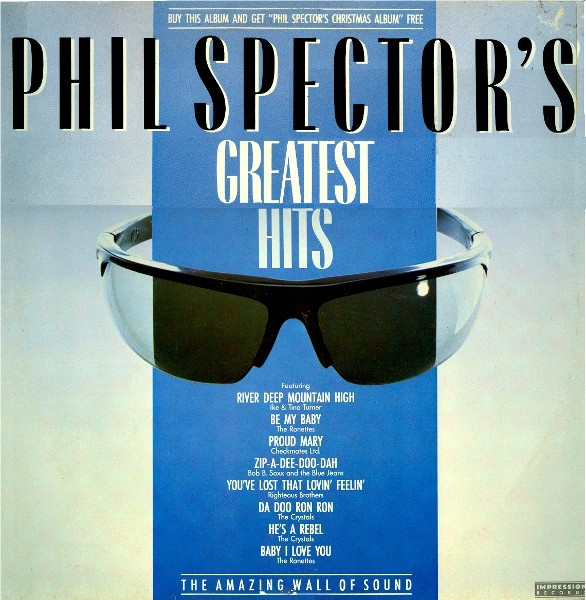Queen: A Day At The Races - 1976
After 1975's multi-million seller A Night At The Opera, Queen's star had never burned brighter and they needed to repeat the formula, quickly. They did too. In many ways, I enjoy this album much more than its predecessor. It is a harder, rockier album, and that is how I like my Queen.
Queen had become massive by now - million-selling rock gods like Led Zeppelin as opposed to up-and-coming proggies/folkies/imitators on the make. They now had to live up to their own success and, most importantly, try to match Bohemian Rhapsody. A difficult, almost impossible job. They almost pulled it off, though.
They also produced the record themselves, feeling they needed a change in dispensing with the services of Roy Thomas Baker. From A Night At The Opera onwards, Queen's albums were a mix of all sorts of different unconnected songs, like Beatles ones after the mid-sixties. In that respect, they lack a little in coherence or identity. Heavy tracks were followed by Mercury-penned vaudeville ones then John Deacon's poppy efforts. I have to say I prefer albums that stick to a musical theme but Queen never really gave their listeners that, and therein lies one of the reasons for their popularity, something I also have to acknowledge. I made the same points on the review of A Night At The Opera.
The lead-off huge hit single, the gospel-influenced, and gloriously anthemic Somebody To Love, although not quite matching the sheer creative majesty of Bohemian Rhapsody, was a not half bad follow up. Many thought they could not possibly come up with another killer, but they did with this one. It has gone down in history as a true Queen classic. Mercury and Taylor overdubbed their vocals so much to make them sound like a huge gospel choir. They succeeded too, magnificently. I always liked the cartoon-style drawings of the group on the 45 rpm's picture sleeve too.
Other rockers are the riffy, powerful opener Tie Your Mother Down, Brian May's melodic Searchers-Byrds-influenced Long Away, the powerful heavy rock of the anti-colonial White Man, John Deacon's tuneful pop rock of You And I, Roger Taylor's buzzy, guitar-driven Drowse and the singalong closer Teo Torriatte, with its Japanese chorus (ensuring huge sales in that country). Good move!
Incidentally, White Man was based on the plight of the Native American and featured a sort of stereotyped "red Indian" drum and guitar rhythm. As well as that it was the heaviest cut on the album. and notably one of the few times Queen dabbled in historical-social conscience issues.
Freddie Mercury's You Take My Breath Away is a lovely track, but I guess it is Love Of My Life part two.
Then, as was now usual, it seemed, came Mercury's 1920's vaudeville stuff - The Millionaire Waltz and the admittedly extremely catchy Good Old-Fashioned Lover Boy. These additions were never my favourites but I guess they were part of the collective DNA of the band. If you like Queen you have to accept them as being part of what Queen were about, don't you? I must admit, though, it was odd, when I saw saw Queen live in 1977 at Earl's Court in London, to witness big groups of "lads" singing along to this piece of high camp foppery!
Millionaire Waltz was, however, quite a complicated studio creation, with John Deacon playing an infectious "lead bass" that drives the song behind its many chord and pace changes. Personally, I find it frothy and indulgent, but one cannot deny the ingenuity involved in its structure. Listening to it again, I have come to appreciate its quirkiness. The same applies to Good Old-Fashioned Lover Boy too.
Overall, this was an impressive album, though. Could this quality be continued? The next few albums would tell us.
Incidentally, The cover was a direct inversion of A Night At The Opera's white cover, featuring the Queen crest against a black background. I remember buying this album on the day of release, and just staring at the cover, admiring it, such was the excitement around Queen at the time. I played it endlessly just before Christmas in 1976. For me, though, it never got as good as this for Queen again. Despite their Live Aid-inspired eighties renaissance, this was their peak.
Non-album track
Included on the extended release of the album is a version of Good Old Fashioned Lover Boy performed on Top Of The Pops in July 1977, the days when bands used to play live on the show. It is a good rendition, I have to say.










